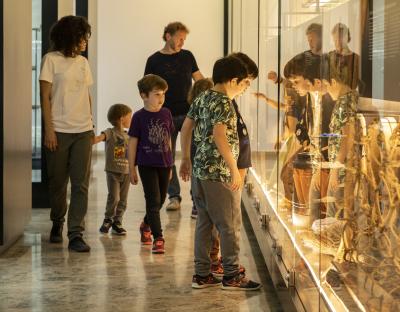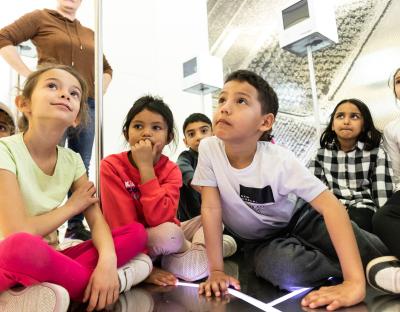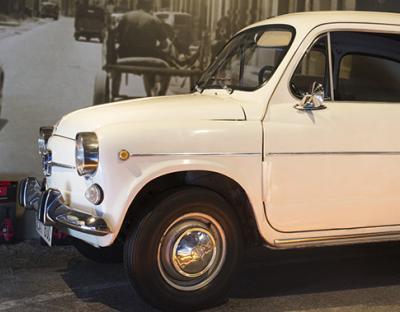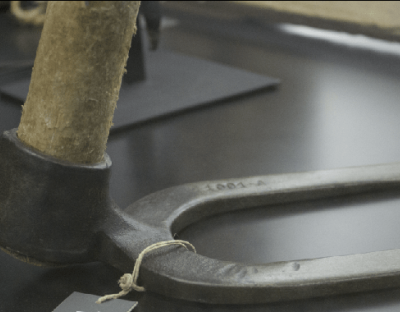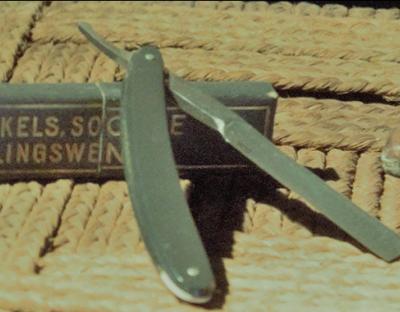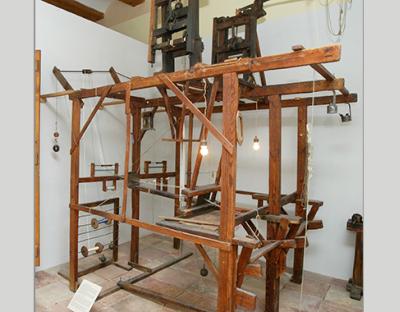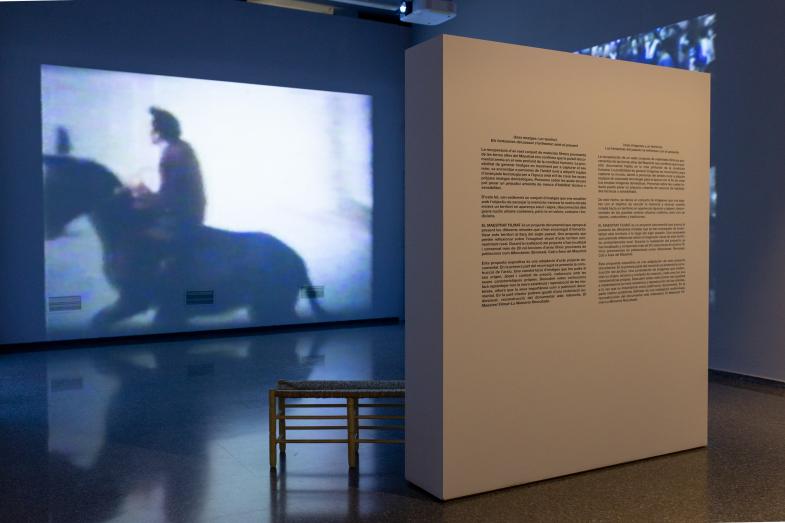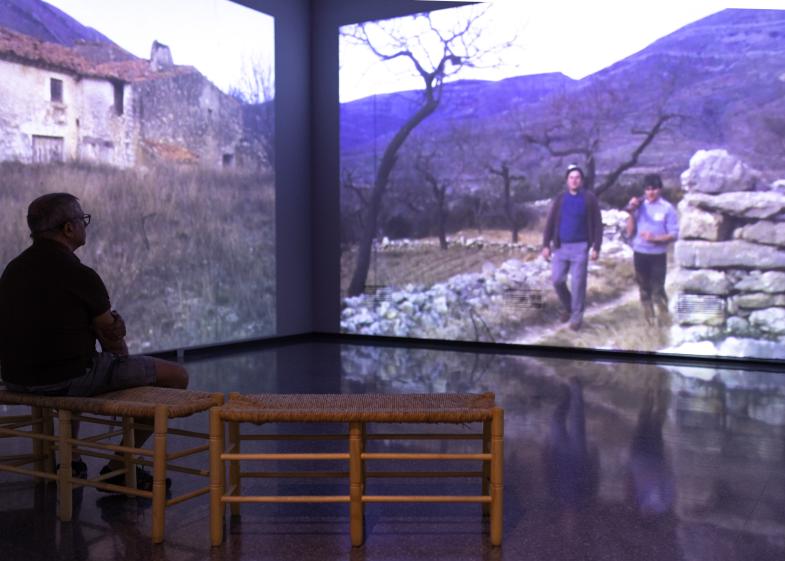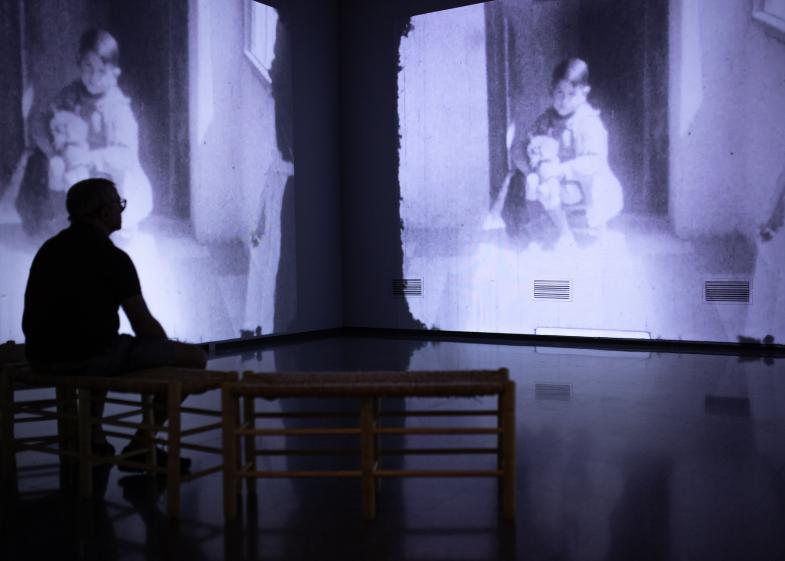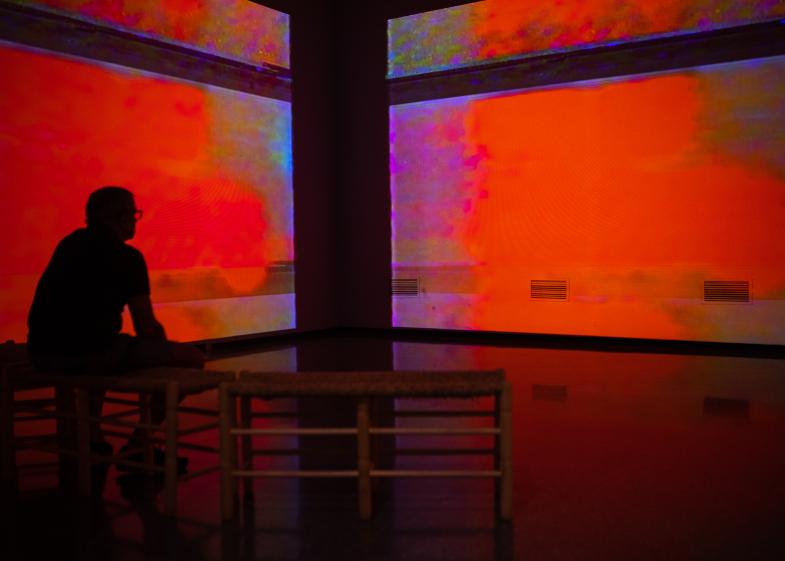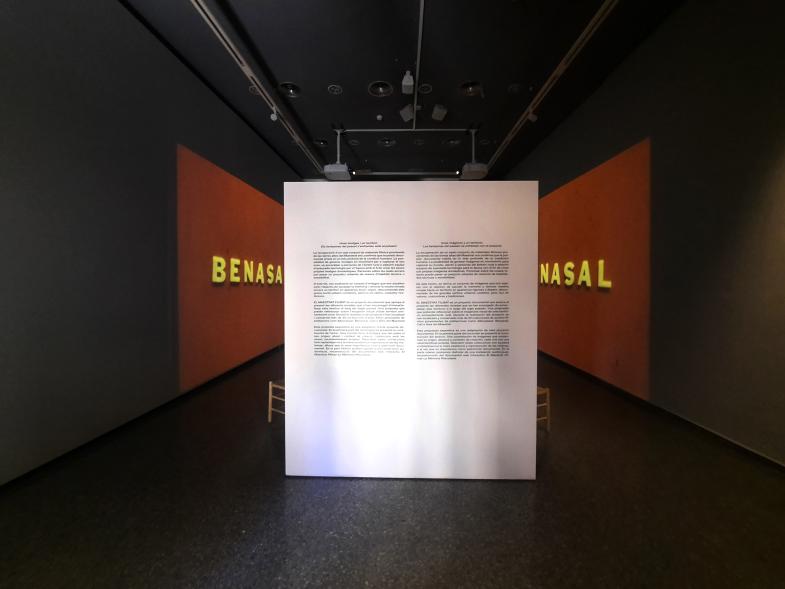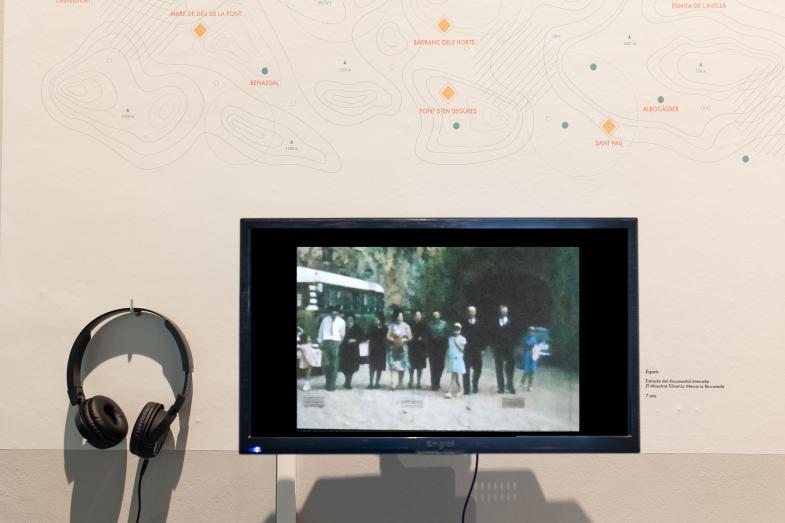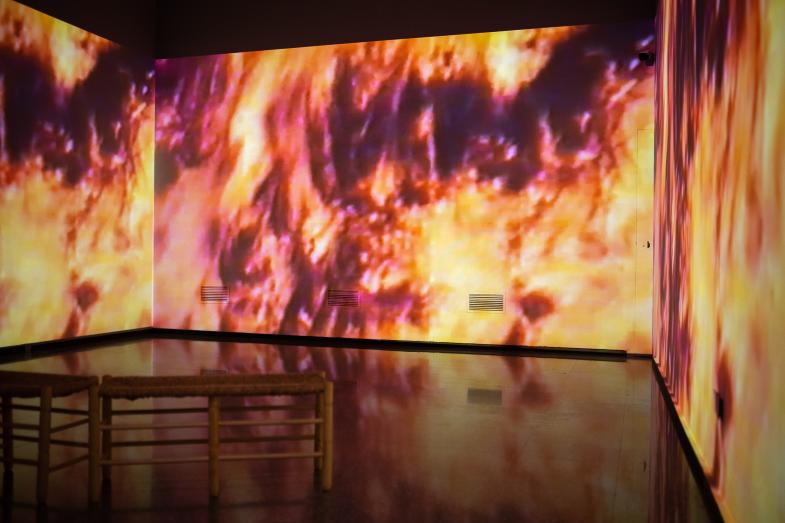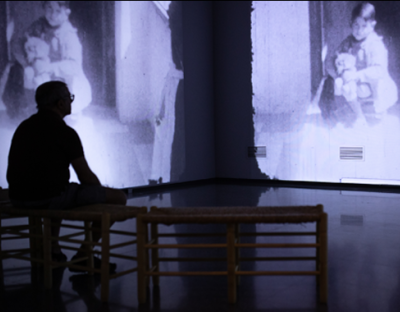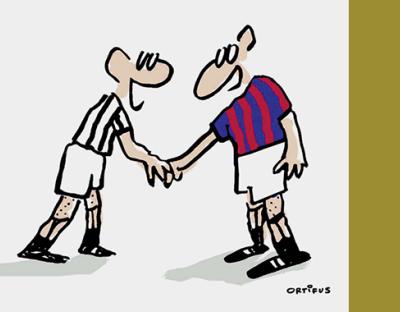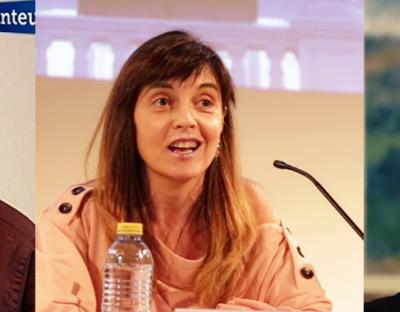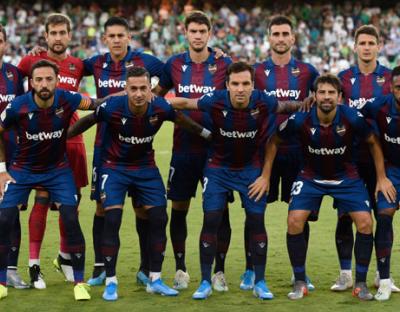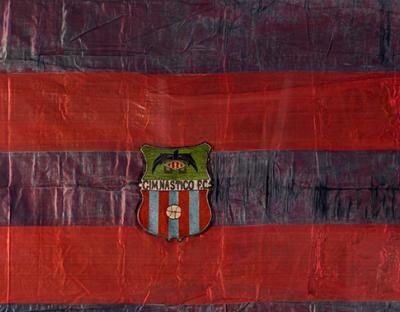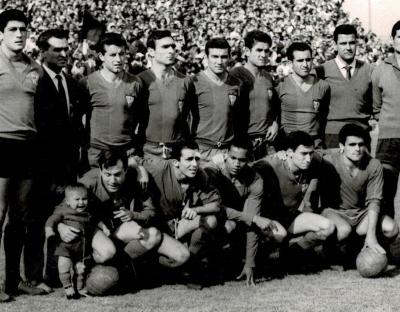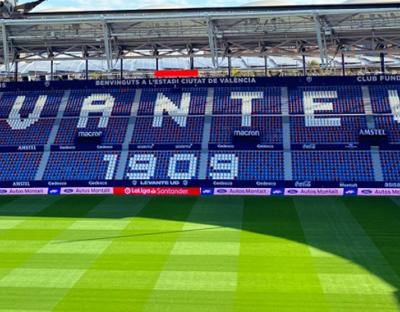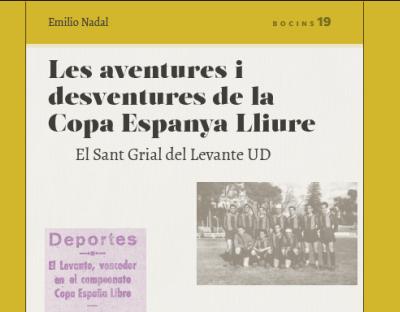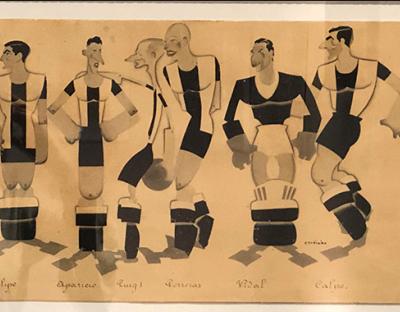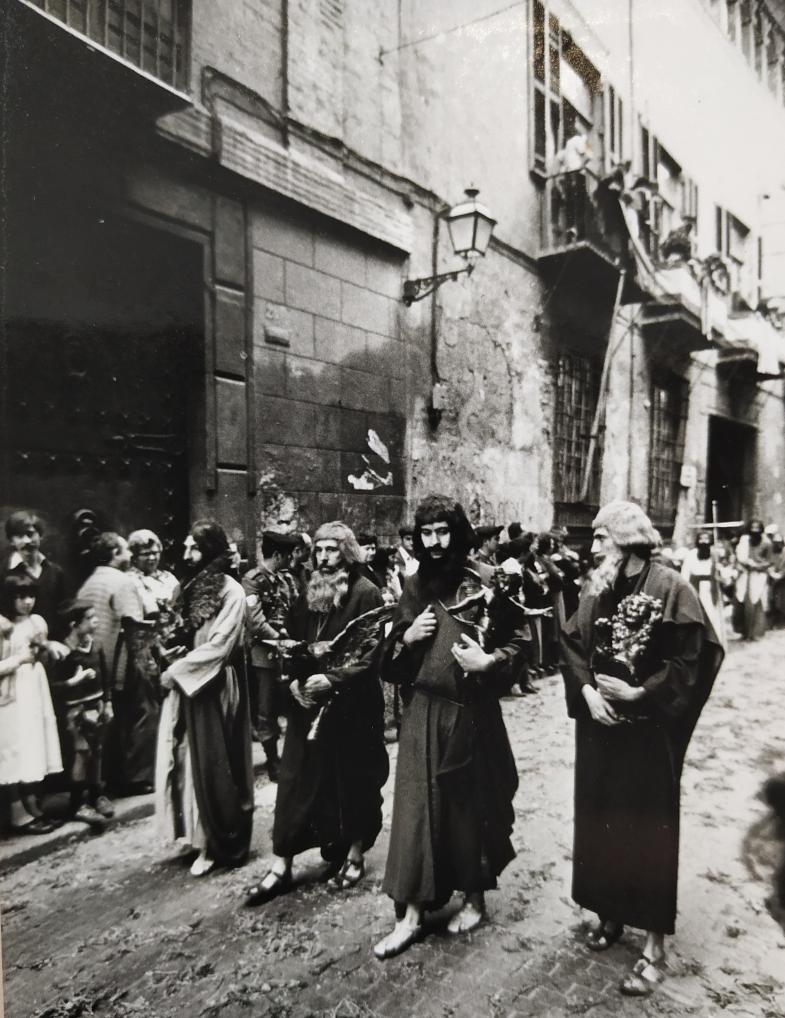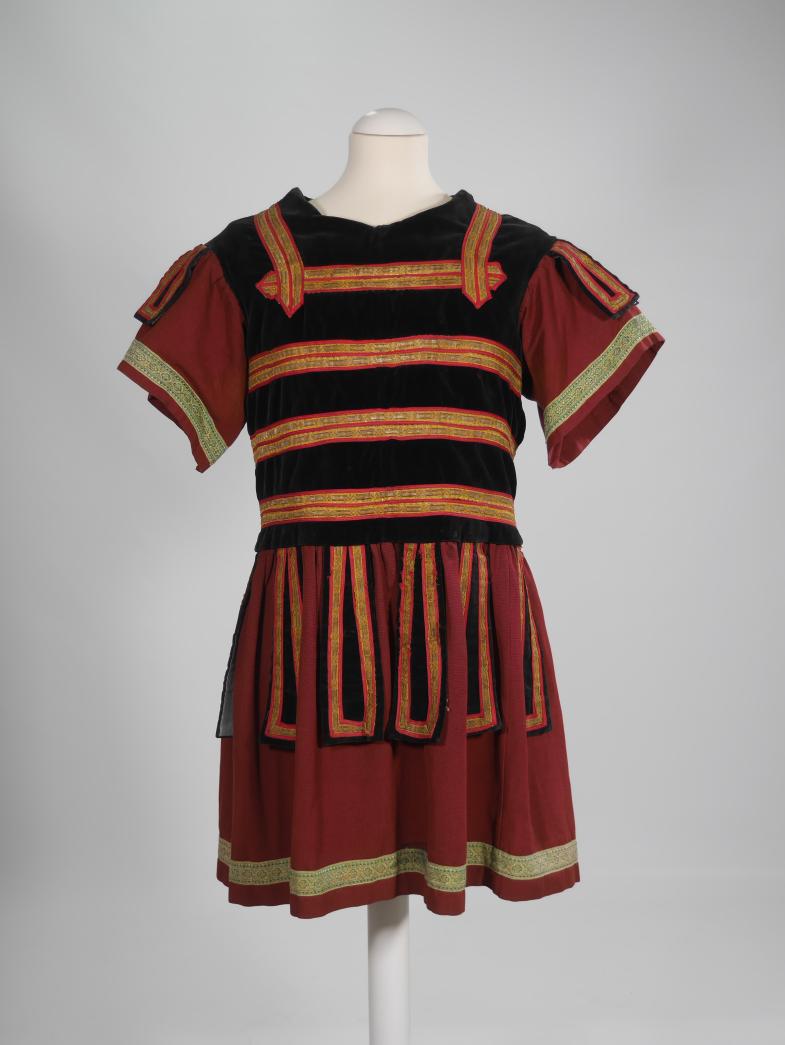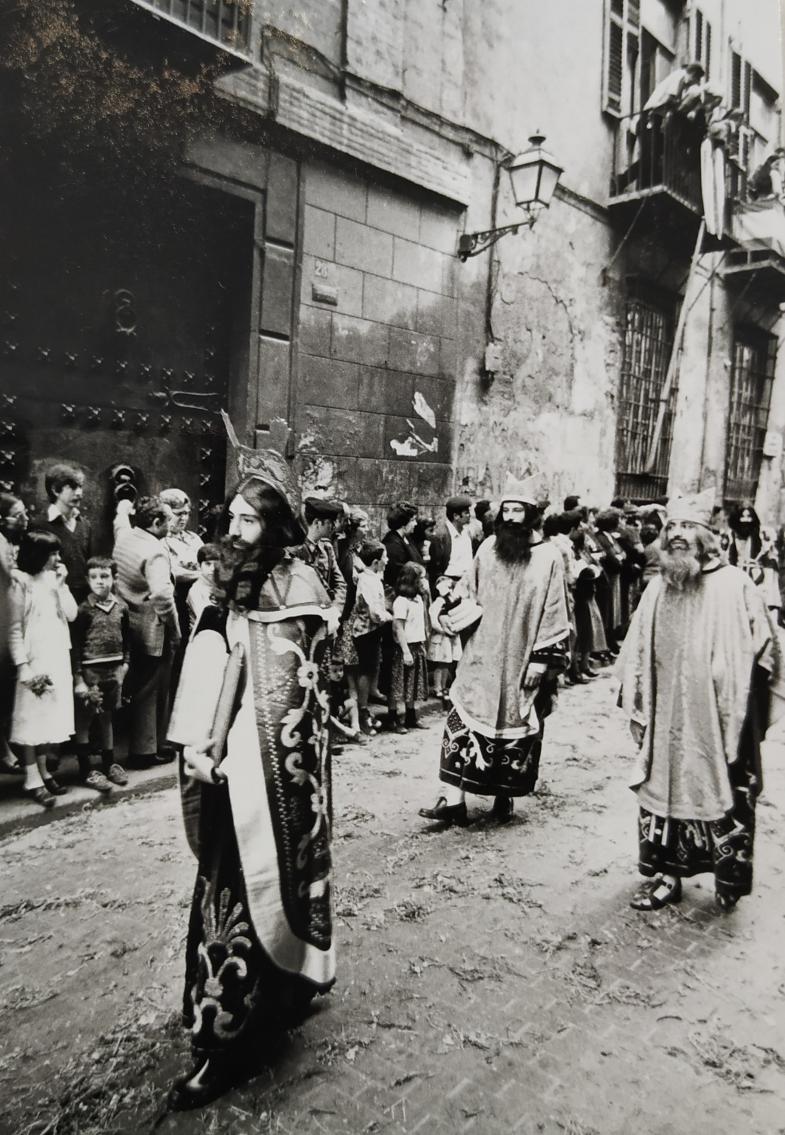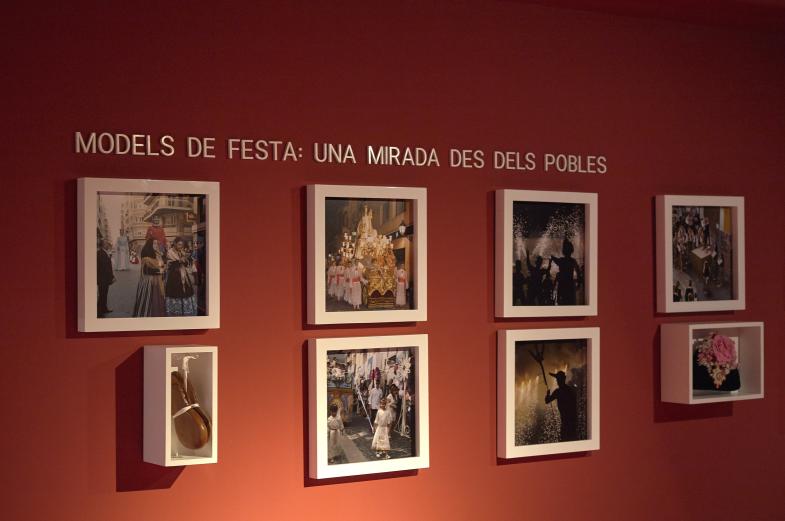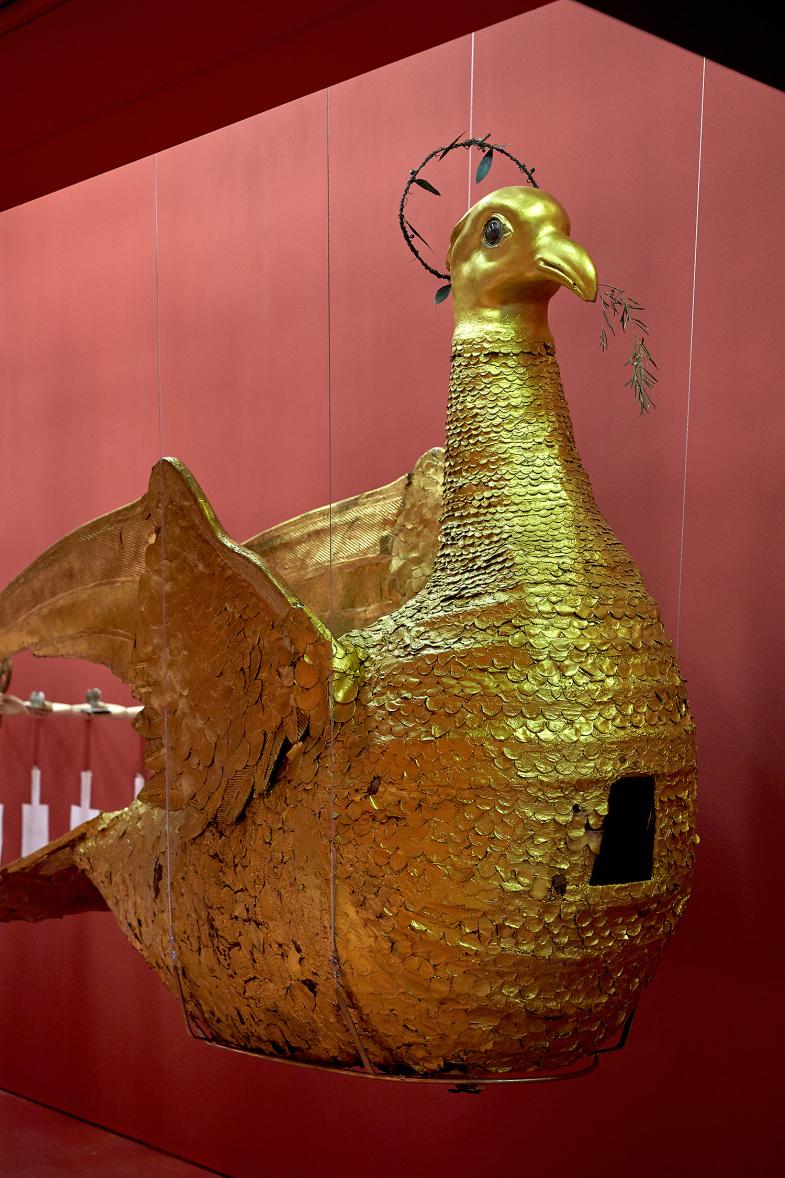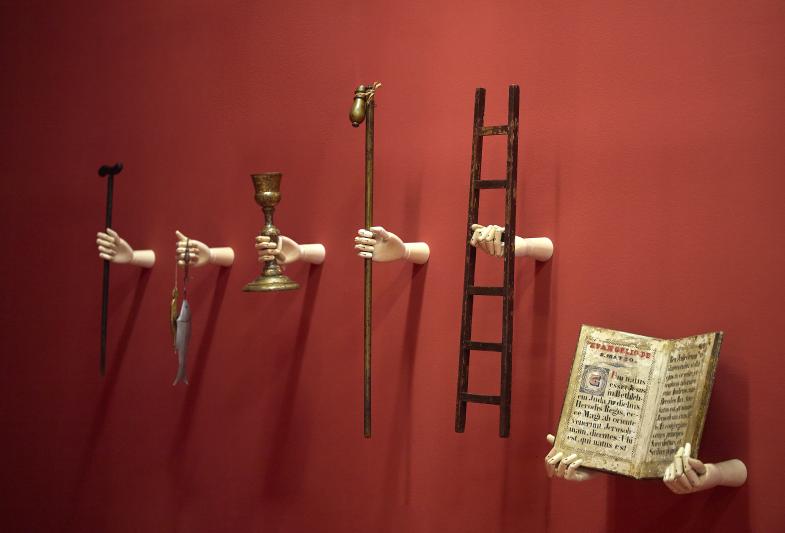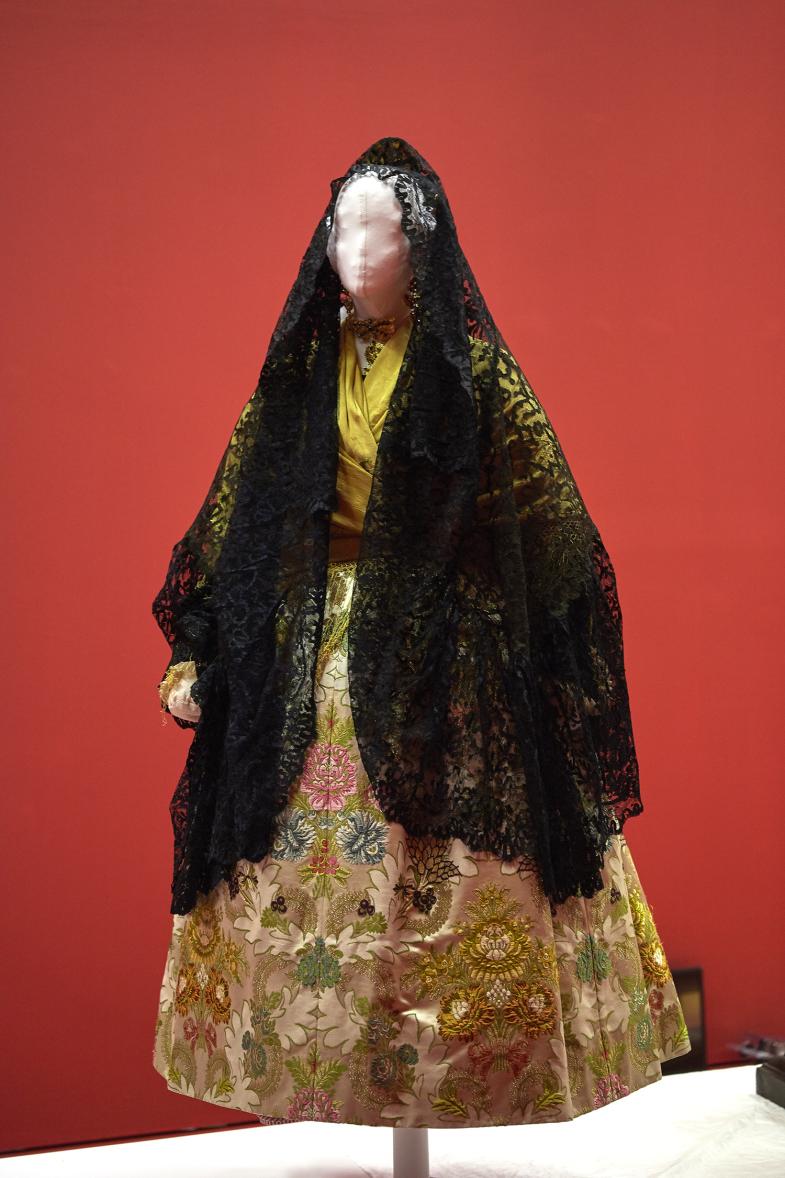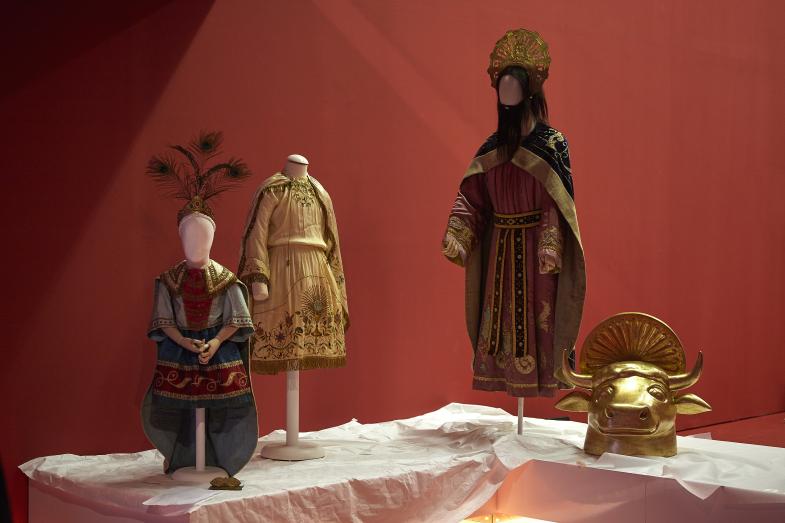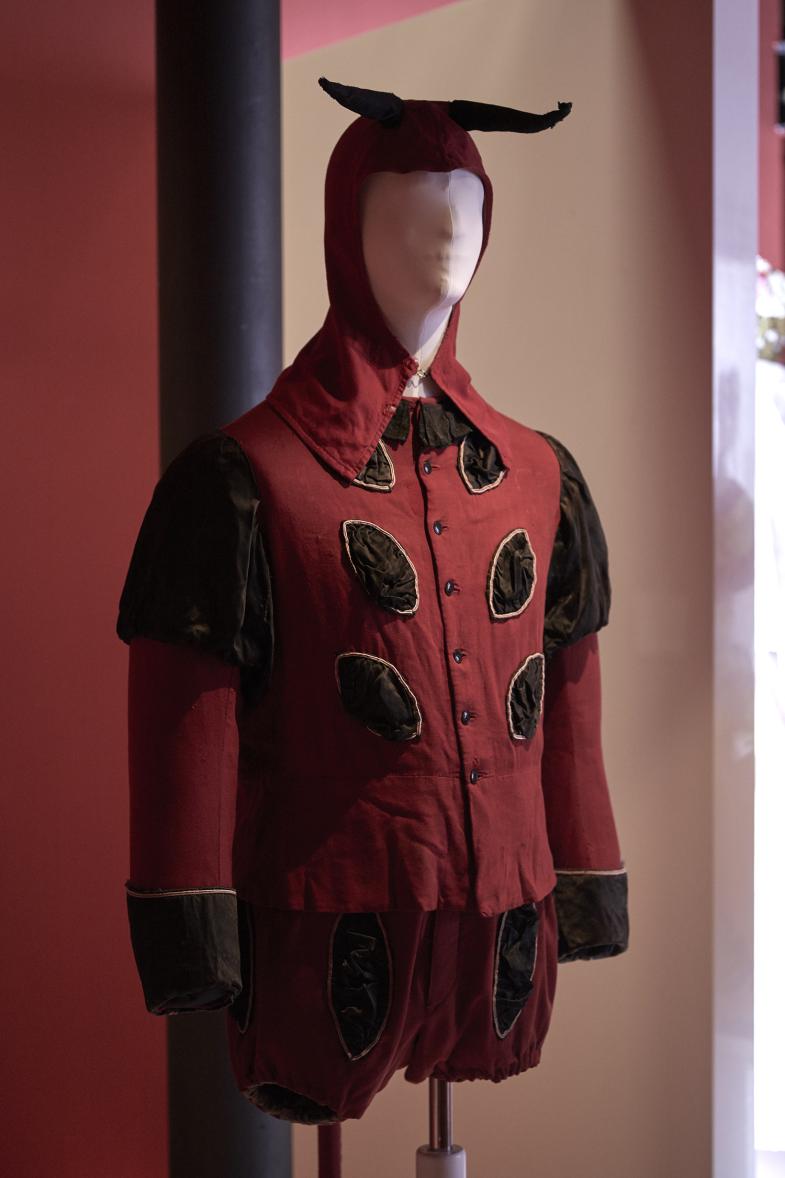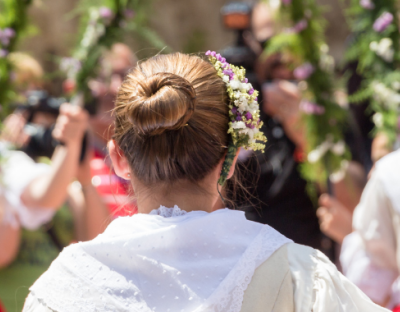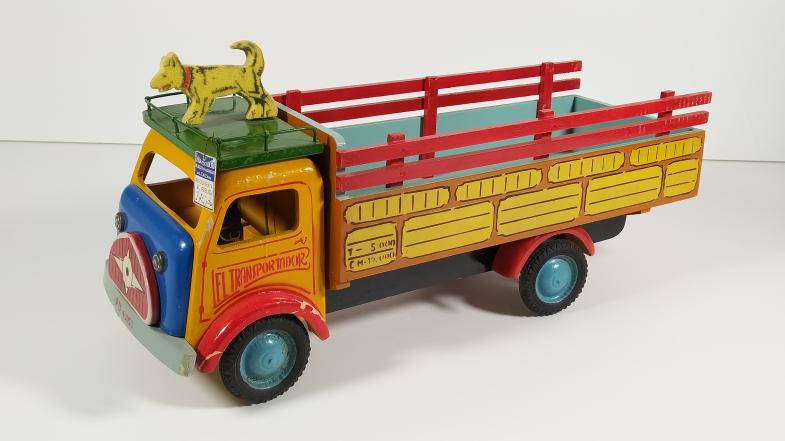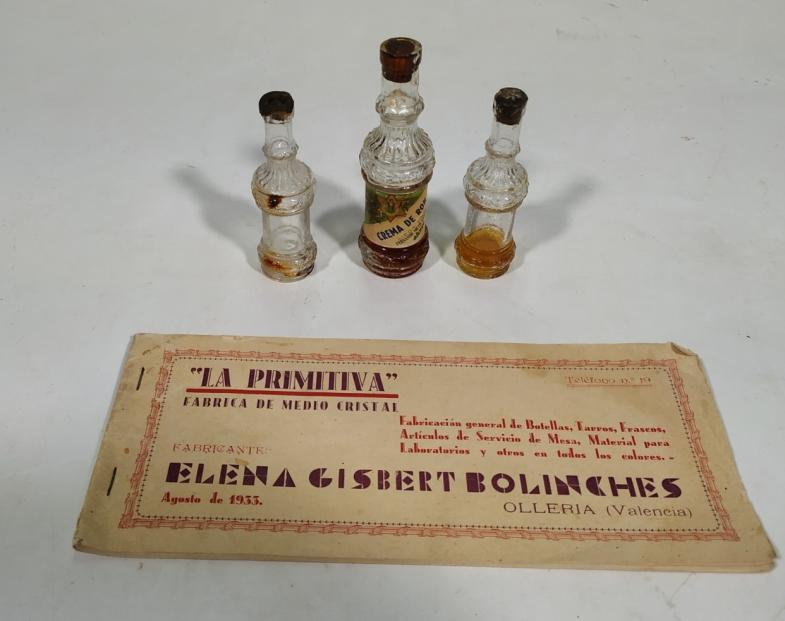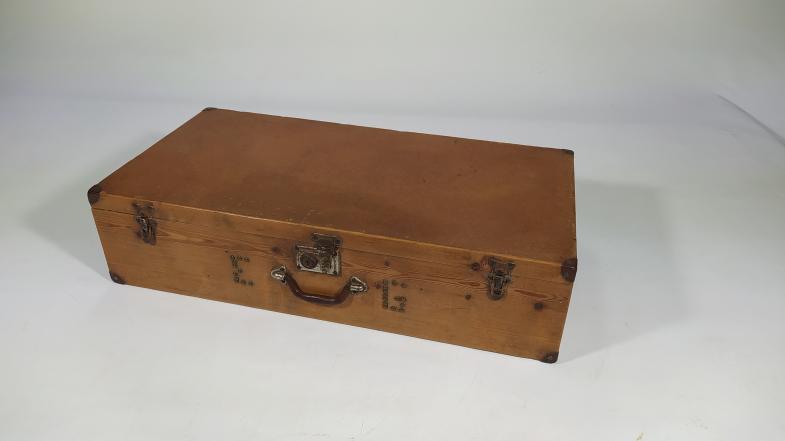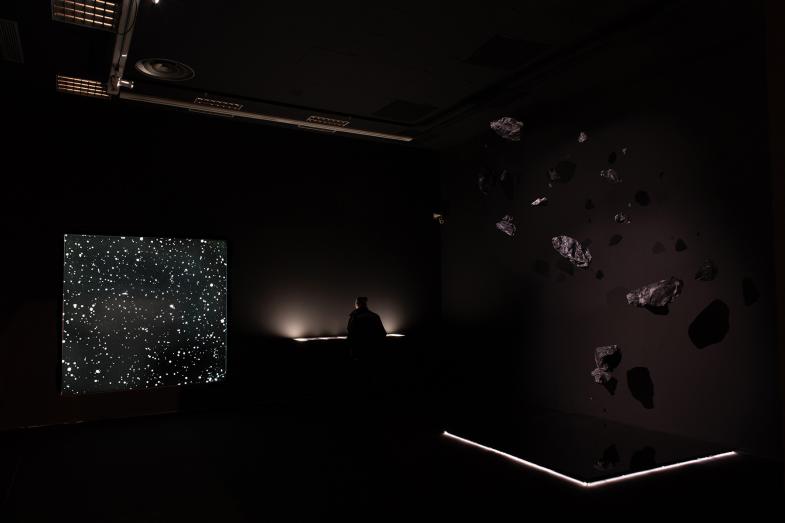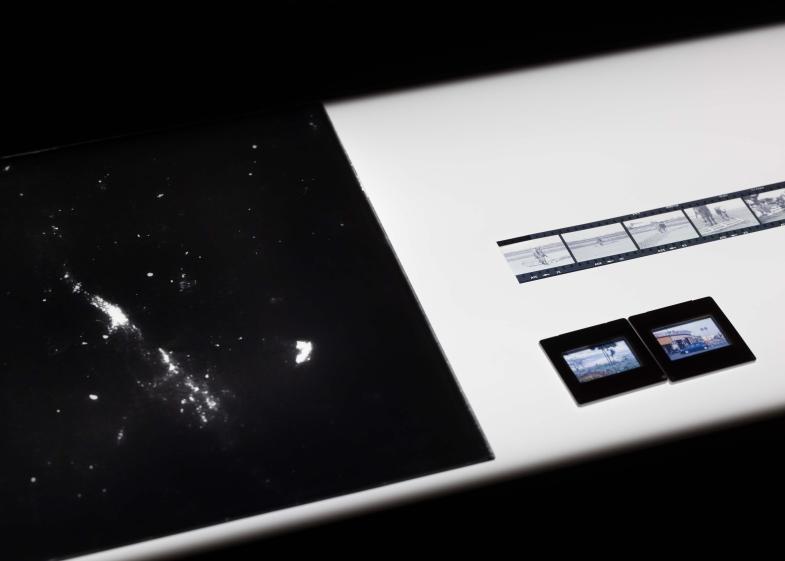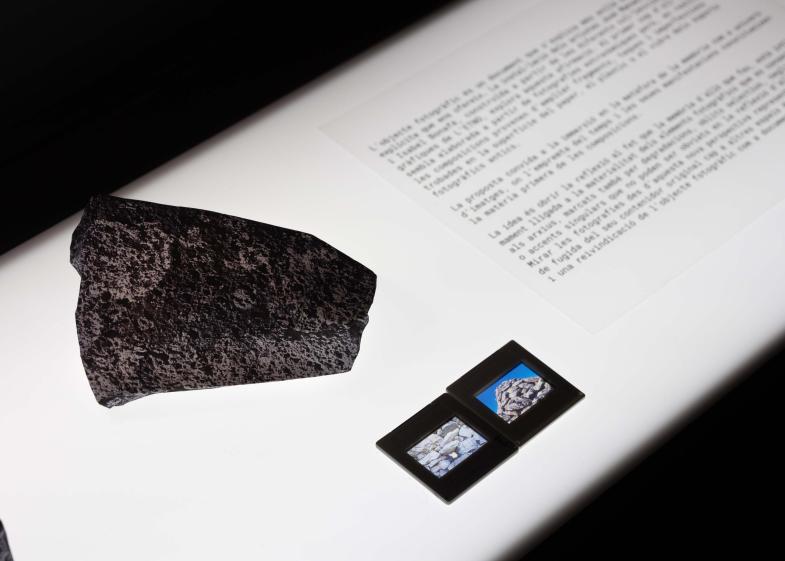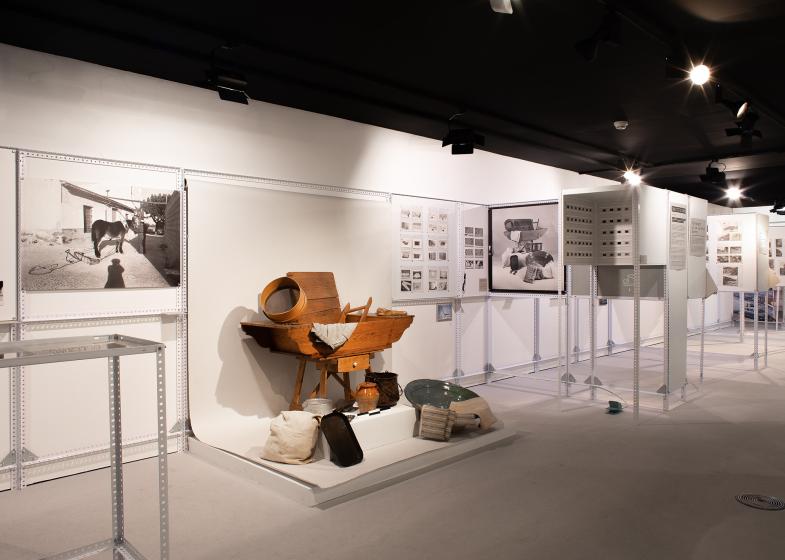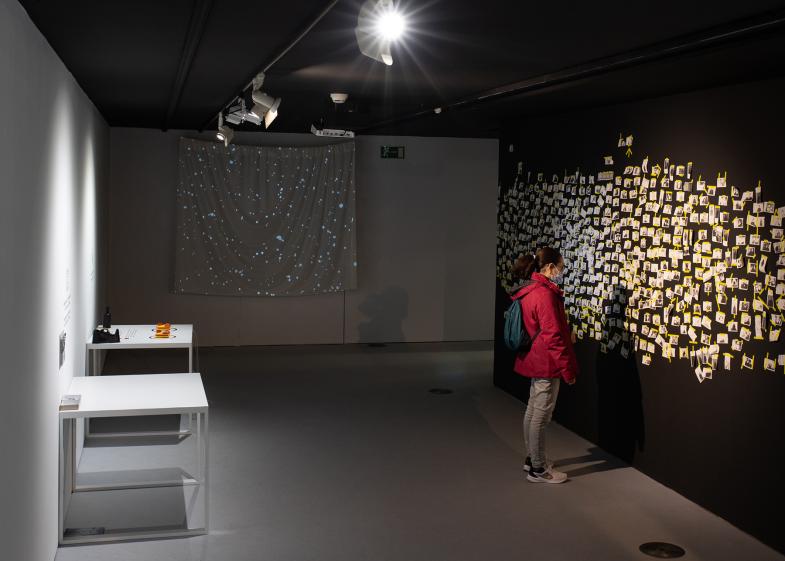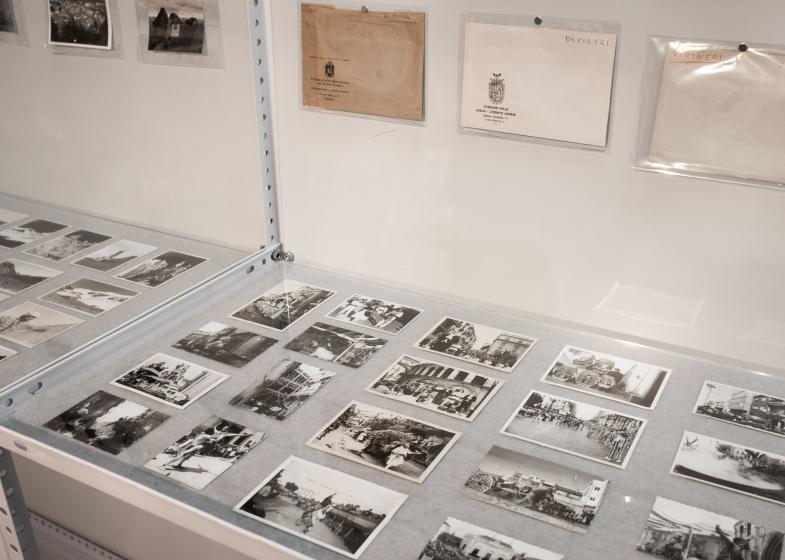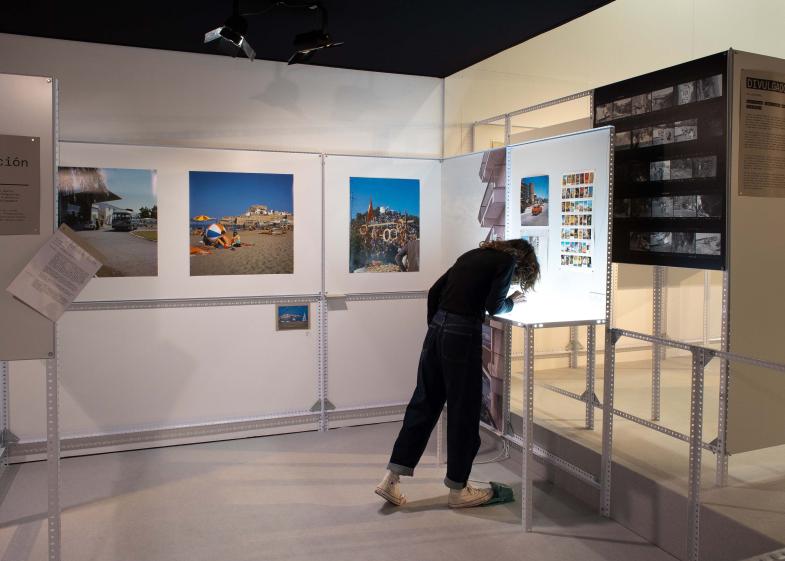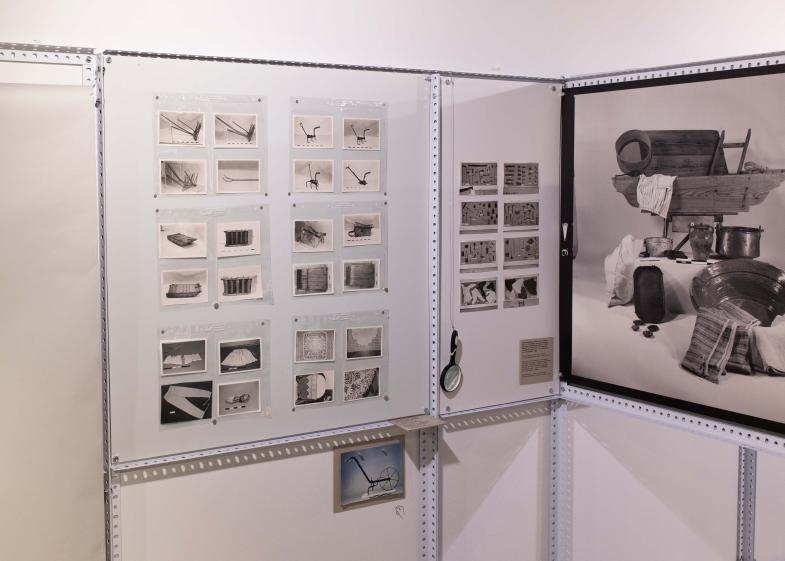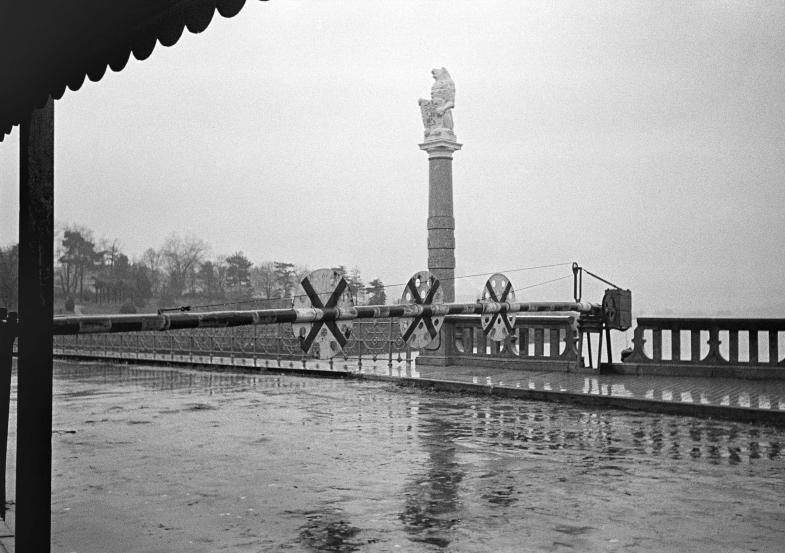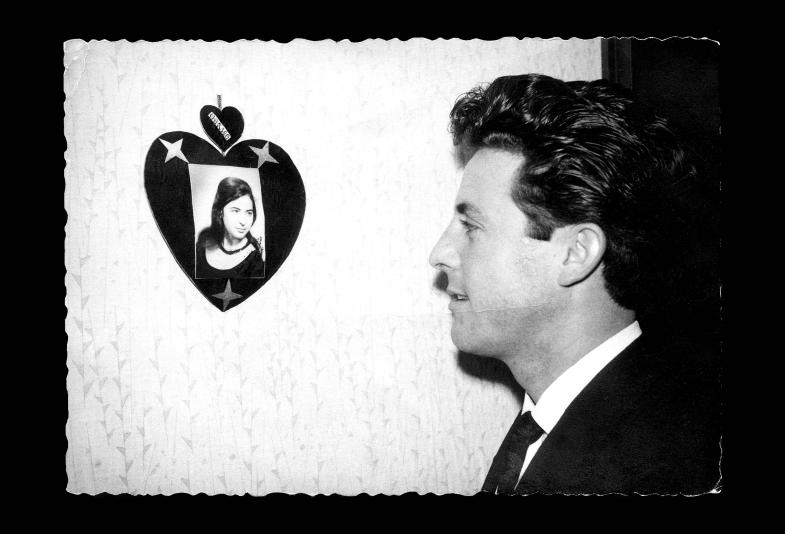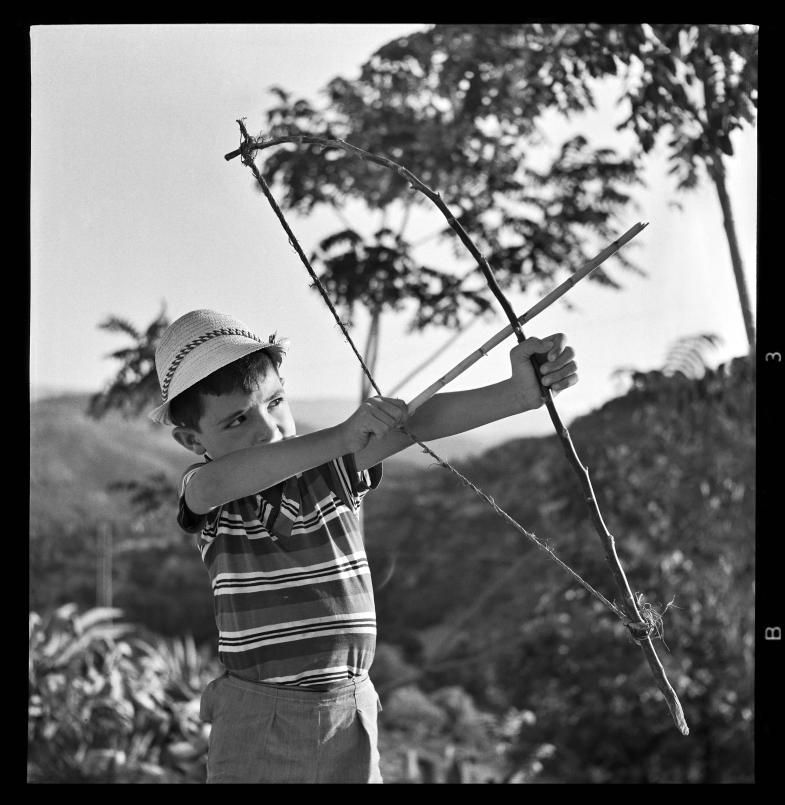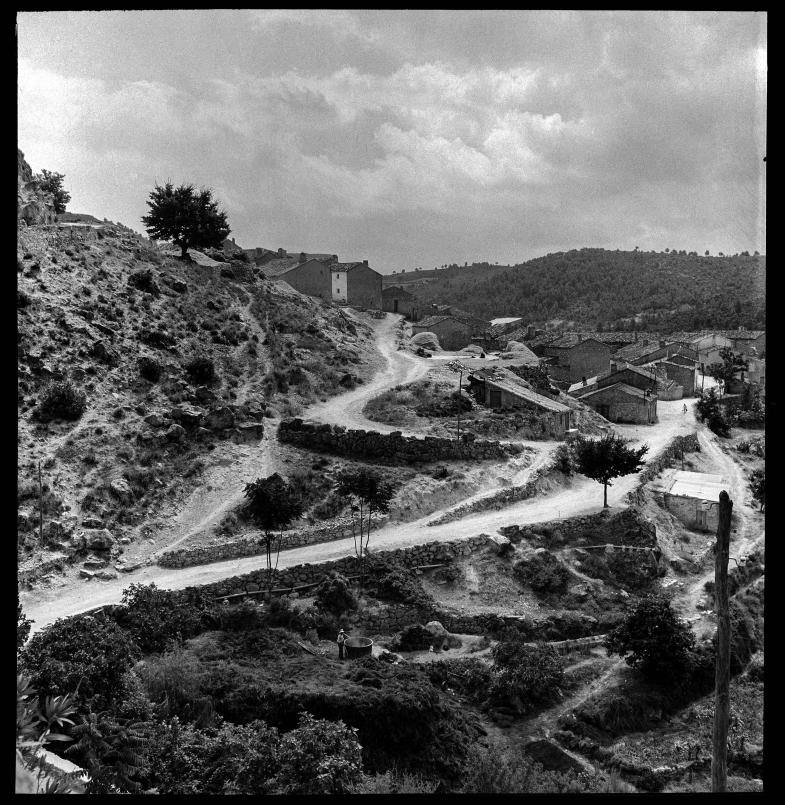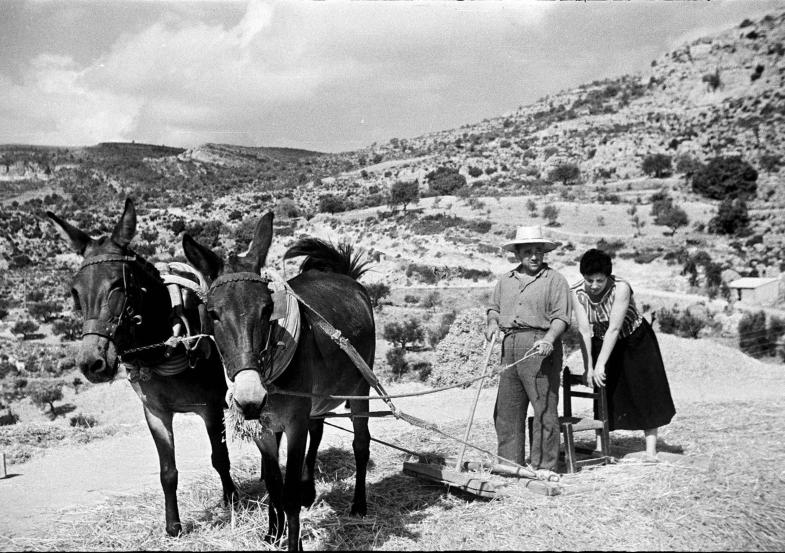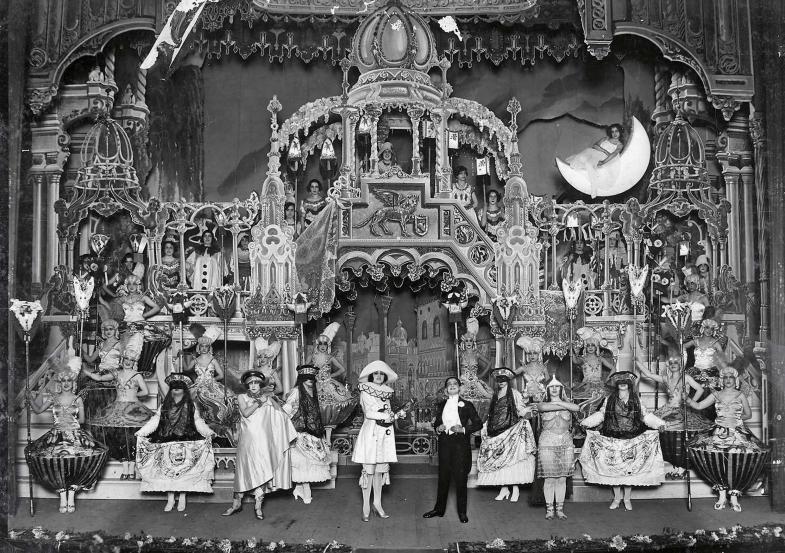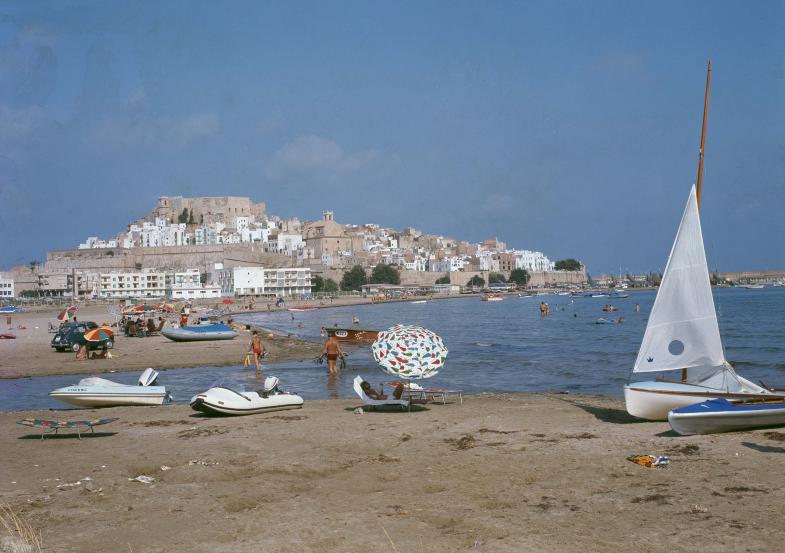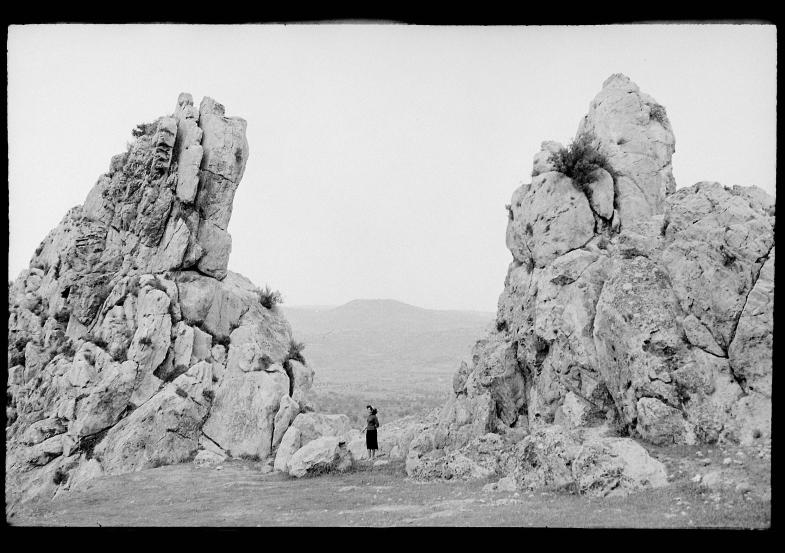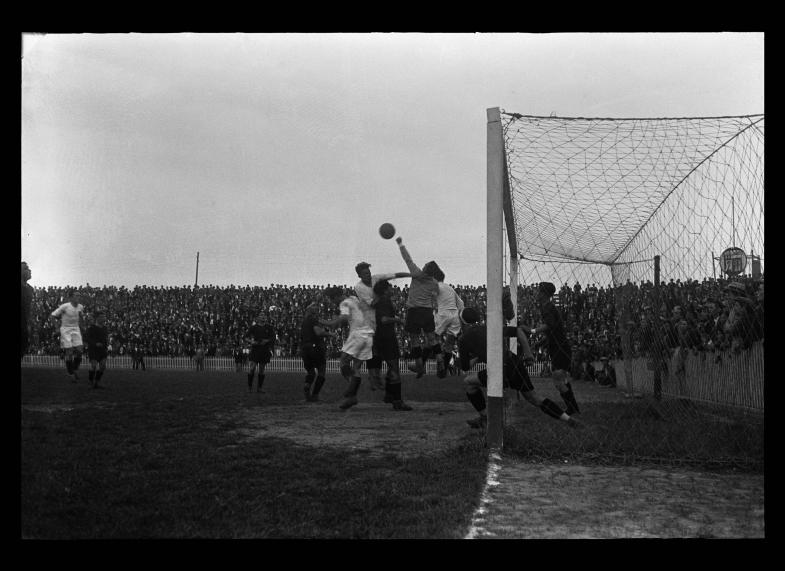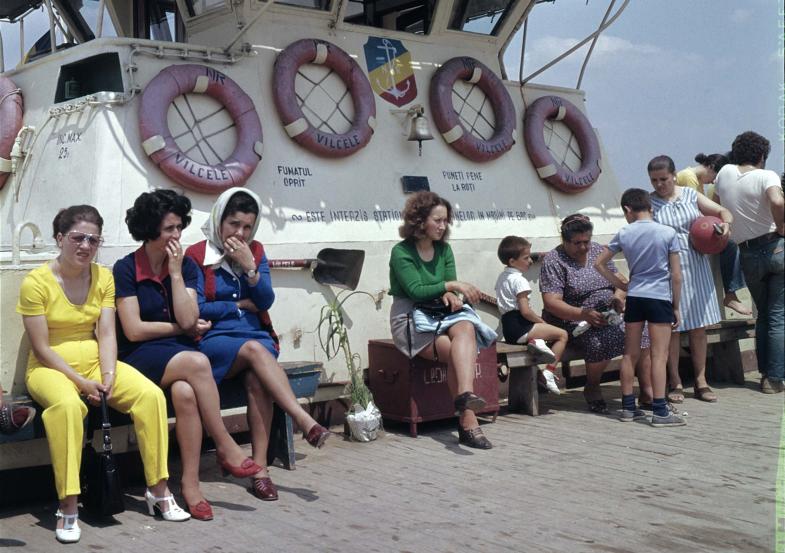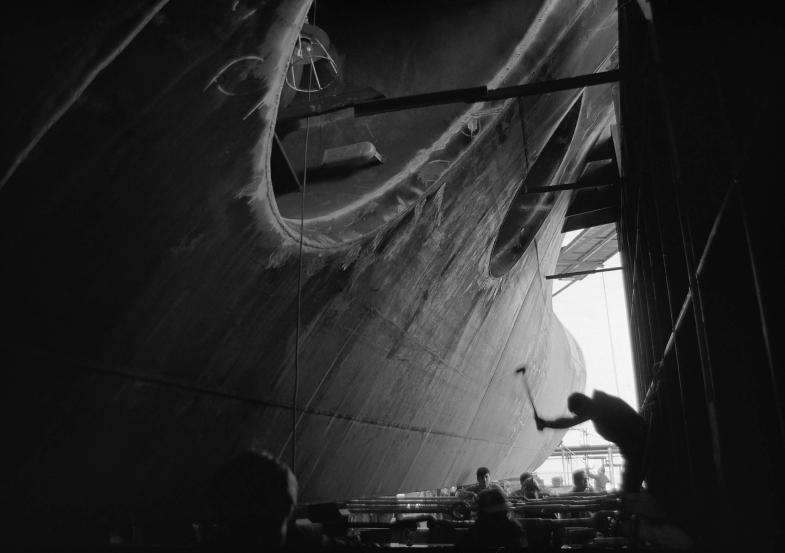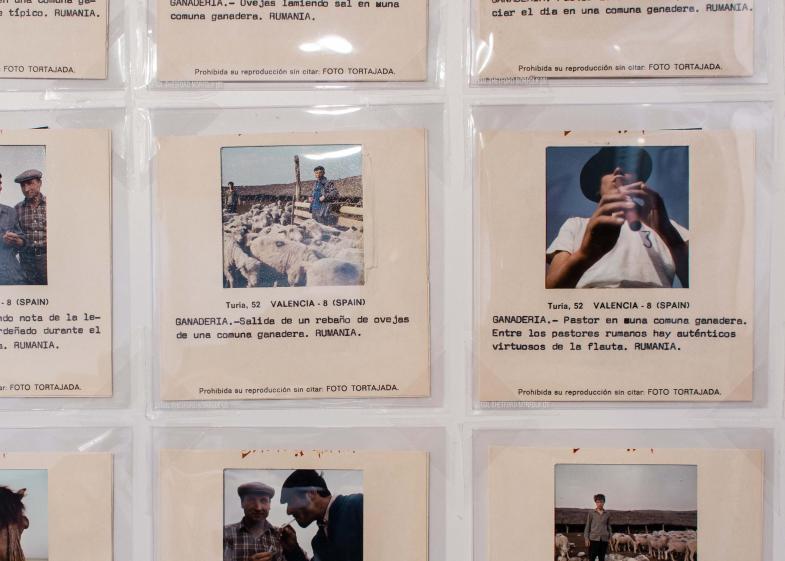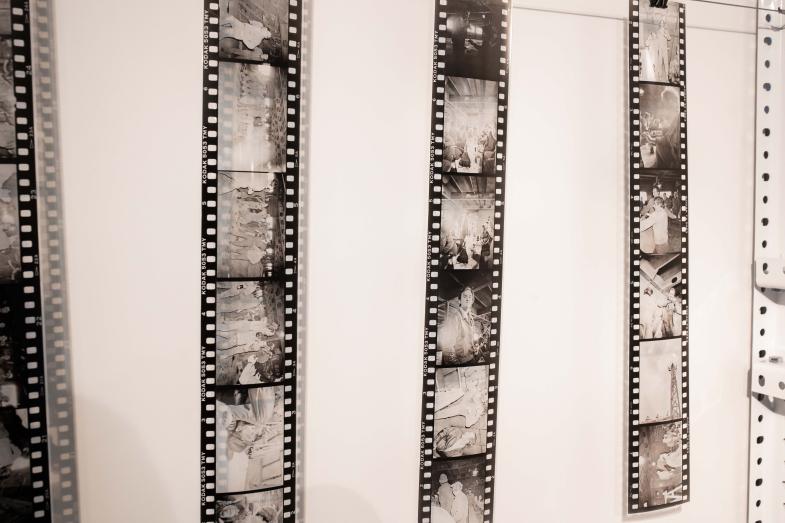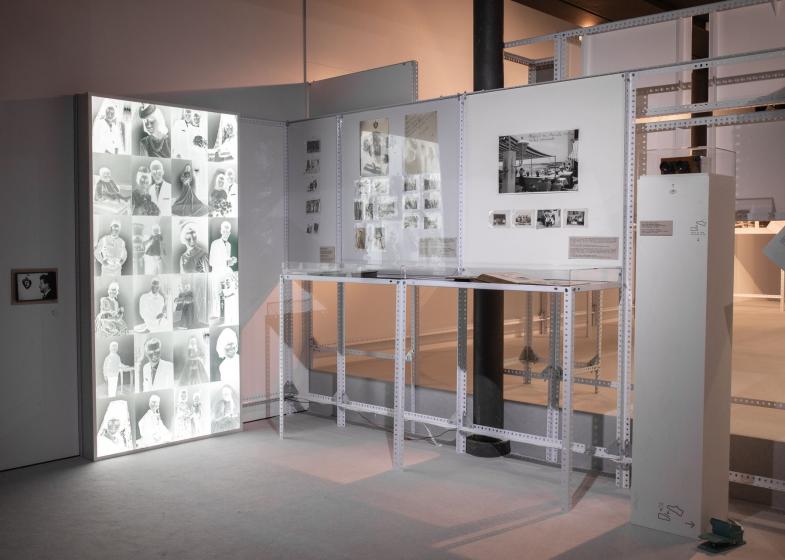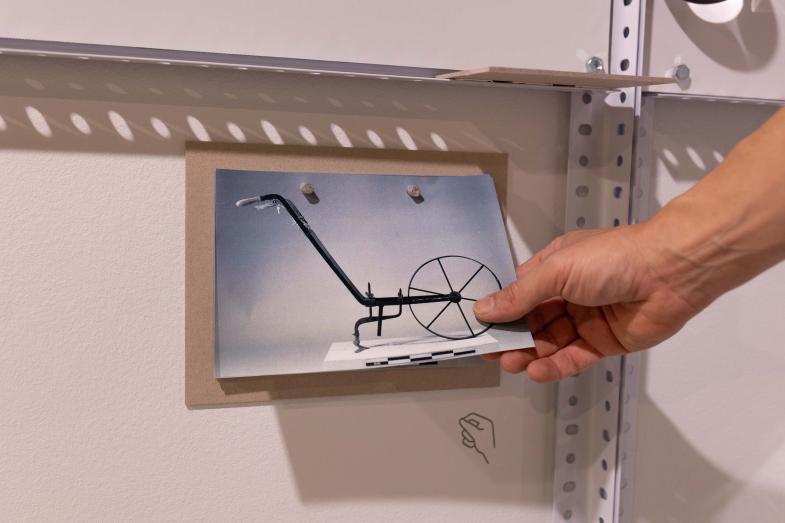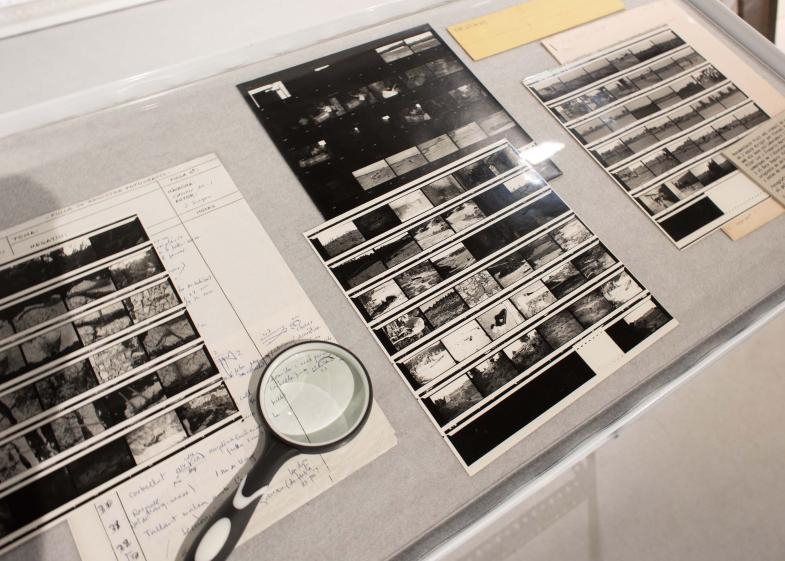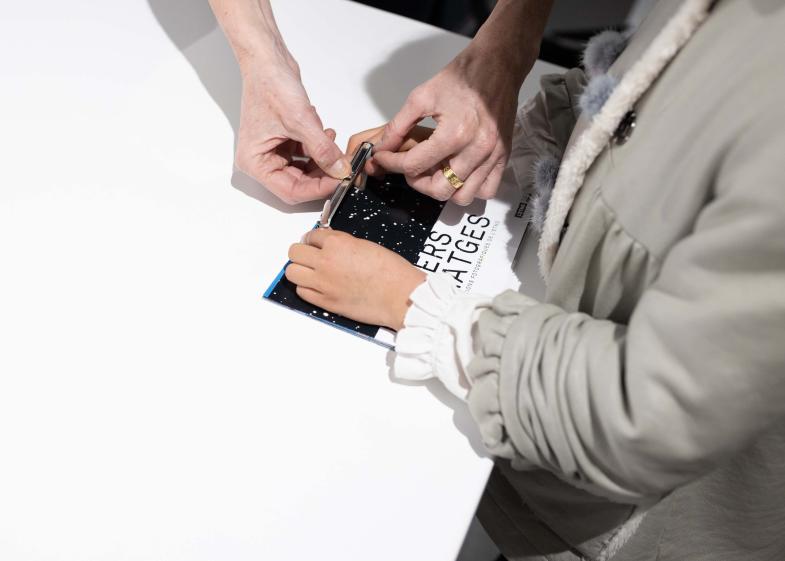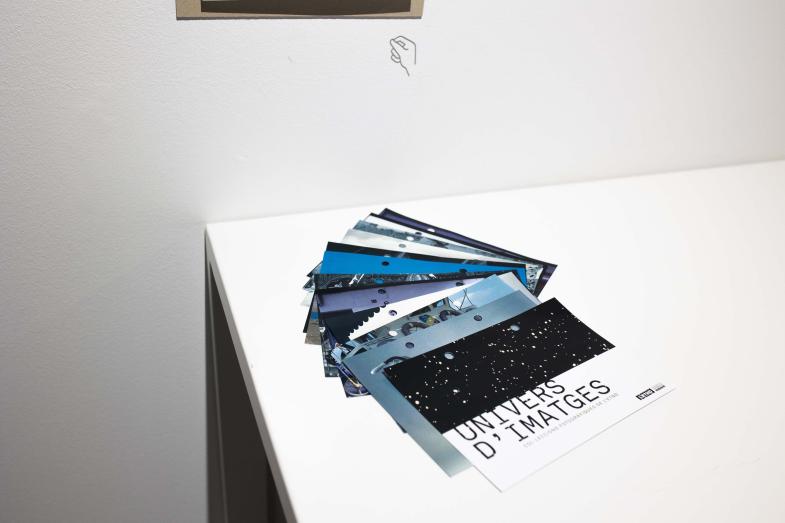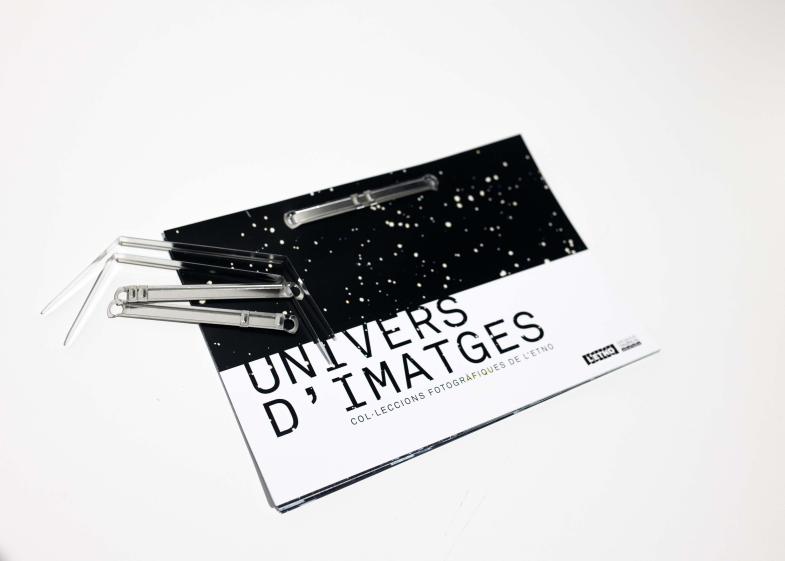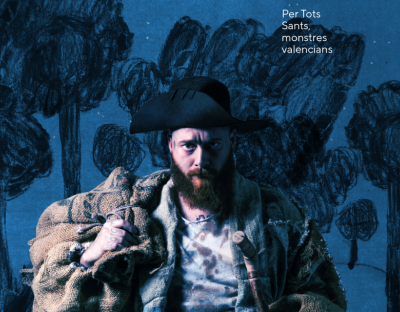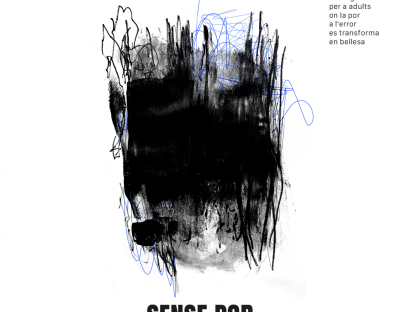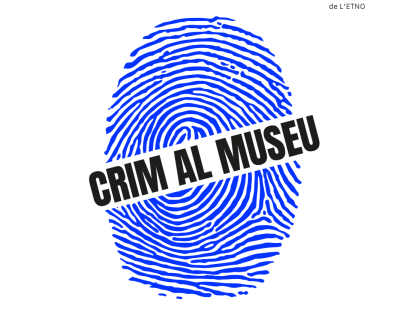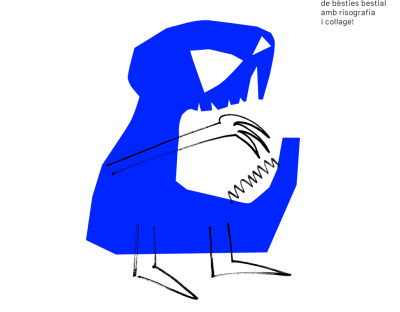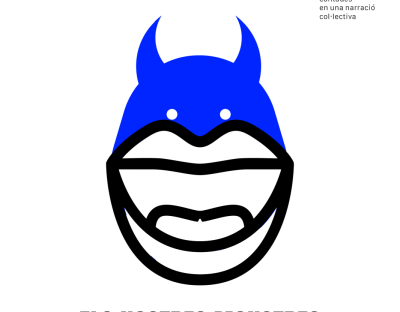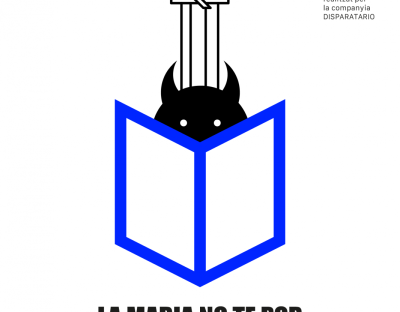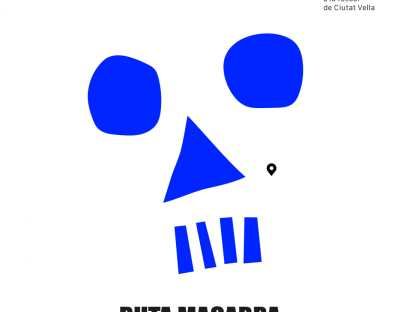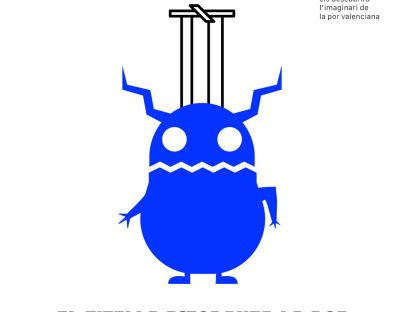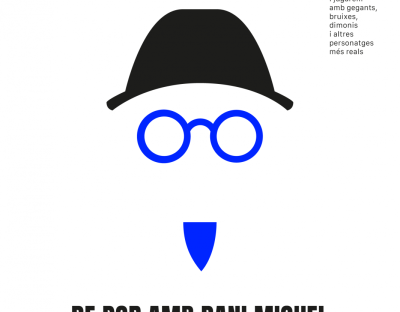L’ETNO PRESENTA LA SEUA PROPOSTA EDUCARTIVA PER COL·LEGIS I FAMÍLIES. El programa incorpora dos jocs de la seua exposició permanent per famílies, així com projectes derivats de les exposicions pels centres educatius.
Amb l’arribada del mes de setembre i l’inici del curs, L’ETNO presenta dues noves propostes per famílies i col·legis derivats de la nova exposició permanent No és fàcil ser valencià/na.
Els projectes per famílies són dos: ETNOVIATGE i BUSCA L’ETNO. El primer proposa un etnoviatge en la secció de Ciutat (Ciutat: Global – Local) de la mostra permanent del museu, l’objectiu de la qual és que estes famílies puguen aprofundir i valorar/comentar entre pares i fills els continguts de la mostra sense necessitat de guia o monitor/a. Es tracta d’una guia que proposa diferents activitats sobre el fenòmen urbà. En ella les famílies desevoluparan exercicis i jocs sobre la mobilitat urbana, els edificis singulars, la forma de la ciutat antiga i el seu reflexe en la moderna, la festa urbana, les noves formes de consum o de treball, així com la diversitat cultural que aporten les persones que venen de fora.
ETNOVIATGE està pensat per famílies amb xiquets i xiquetes de 6 a 11 anys que puguen visitar i recórrer de forma autònoma (visita lliure) esta secció de l’exposició, i està organitzat amb exercicis amb diferents graus de dificultat segons l’edat. La guia pot completar-se durant la visita, en casa, o en una sala de descans que L’ETNO ha posat en marxa este estiu destinada al descans i la lectura, ubicada al final de la secció de la Ciutat.
BUSCA L’ETNO és un joc en el què cal trobar a L’ETNO (mascota del museu) entre les diferents vitrines de tota l’exposició permanent. Una de les modificacions introduïdes fa dos anys amb la renovació de la mostra permanent del museu fou la instal·lació de vitrines menudes a baixa alçada dirigides a un públic més menut (menor a 6 anys). Estes vitrines mostren amb objectes (joguets) cadascun dels continguts de l’exposició, però amb una iconografia i un llenguatge pensat per xiquets. El joc proposa el repte per famílies de trobar la nostra mascota a llarg de l’exposició.
Amb estes novetats, L’ETNO amplia la seua oferta per a públic familiar i proporciona recursos per a que les famílies puguen gaudir de la mostra de forma autònoma i puguen utilitzar el museu com un recurs per l’oci familiar.
Durant els caps de setmana L’ETNO continua oferint les seues visites guiades realitzades pels conservadors del museu a les mostres temporals i permanents (per adults) i tallers de caràcter etnològic per xiquets i xiquetes.
L’oferta per centres educatius i associacions es conforma amb: El joc de l’horta, joc de taula sobre l’ús de l’aigua dirigit a grups d'Educació Primària; De cap a peus, taller sobre indumentària tradicional, dirigit a grups d'Educació Primària i 1er cicle de l’ESO; Faltar o morir, projecte educatiu que reflexiona sobre la mort sorgit de l’exposició Faltar o morir. Un recorregut per l’absència produïda pel museu en l’any 2020, dirigit a grups d'Educació Primària, ESO i Batxillerat.
Com tots els anys, en arribar la tardor, L’ETNO posarà en marxa 7ena edició d’ESPANTA LA POR, projecte de recuperació de l’imaginari tradicional sobre la por, dirigit a grups d'Educació infantil i Primària.
Així mateix, el museu continuarà amb els seus programes de salut i benestar: Caixa dels records, memòries d’una vida projecte dirigit persones amb demència en estat inicial, i L’ETN(H)OSPITAL, projecte en qual el museu proporciona recursos educatius pels xiquets i xiquetes ingressats en la Unitat Pediàtrica de l’Hospital Doctor Peset (UPH Peset) per millorar el seu estat emocional i afectiu
